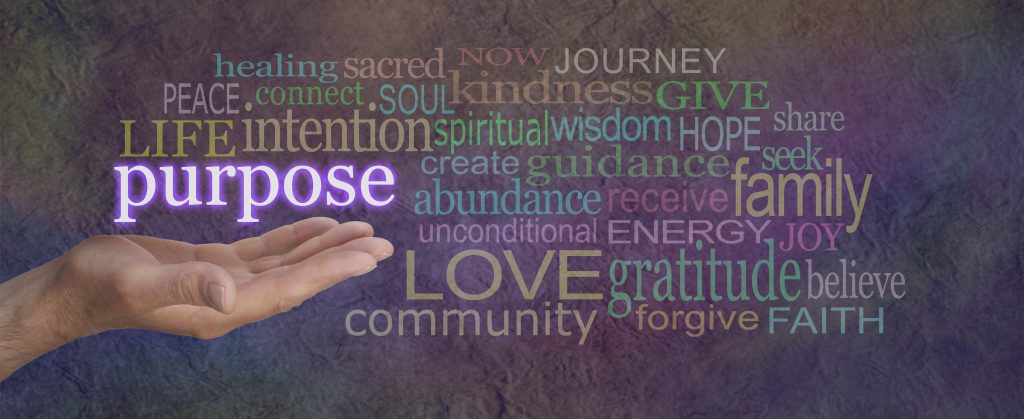We might say that a truly relational Church would inevitably be more Christ-like. But what does that really mean? To be disciples of Christ, as learners, explorers, followers and friends, takes work and discipline, as well as getting out of our comfort zones. To get under the skin of what this means for living in loving relationship with each other and with God, we can turn to some words of former Archbishop Rowan Williams:
DISCIPLES watch, they remain alert, attentive, watching symbolic acts as well as listening for instructive words; watching the actions that give the clue to how reality is being reorganised around Jesus.
(See Church Times Article: Rehabilitating the D Word)
Jesus reconfigures reality, not in some weird Doctor Who like fashion, but showing how the world can and should be changed. Luke 4 carries his shocking announcement, that captives are liberated, people who cannot walk or see are enabled to do so. Those whose agency and freedoms are curtailed are given back that agency and freedom. Every time Jesus heals a sick person, or casts out demons, or liberates someone from fear, condemnation or spiritual darkness, reality is reconfigured to mirror a new facet of the kingdom of God. The disciples are invited to come into that reality, though often they get confused, misunderstand or get it horribly wrong.

All of that work by Jesus creates powerful bonds of relationship. The woman at the well, Zacchaeus, the woman taken in adultery, Lazarus, Mary and Martha, Nicodemus, – all these people enter the reconfigured reality and find their relationship with Jesus now determines how their lives will be lived. Even on the cross, Jesus creates new relationships, as he gives his mother over into the care of a disciple and promises a criminal that they will be together in paradise.
So loving bonds of relationship can change the world, so that it appears differently and acquires new meanings, new hope, and a vision of God at work in the world. New relationships especially can be full of wonder and gratitude and awe; we are called to make those feelings and perceptions long-lasting and transformative. Relationality is not sentimental or soppy; it drives inclusion and meaningful care. It can also mean examining the worth and value of relationships so that they are solid, enduing and meaningful, as Jesus does in challenging the rich young ruler.
In her piece on ‘Loving our neighbours in ‘The Street’’ Anne Richards talks about Christians who, unable to go to church during the pandemic, turned their gifts and energy that would have been used up in church activities into creative and useful neighbour care. Covid brought people together in relationship who would not otherwise have passed the time of day as Christian neighbours spearheaded shopping on behalf of people shielding, checking on elderly, lonely and vulnerable people, making masks, supporting care home workers and providing tea and sandwiches on front lawns during social distancing regulations.
Christians were powerhouses of social relationship and inclusion in a situation of apartness and loss. Within their location, they ‘reconfigured’ a scary reality, bringing bonds of friendship and caring to people feeling confused and lost. Even without the support of physical, in-person Church, those neighbour-disciples brought Christ’s healing into their own situation.

Some ideas to ponder:
- Do you think we have gifts and energy which we give to the church but not to our neighbours?
- How does our attention to our discipleship equip us to be Christ to those around us in schools, workplaces and in the community?
- What do you think Rowan Williams means by ‘reality reorganised around Jesus’. How do you think we can recognise that in our congregational life today?
- What ONE thing could you do today that would make you the face of Christ’s love for others?


